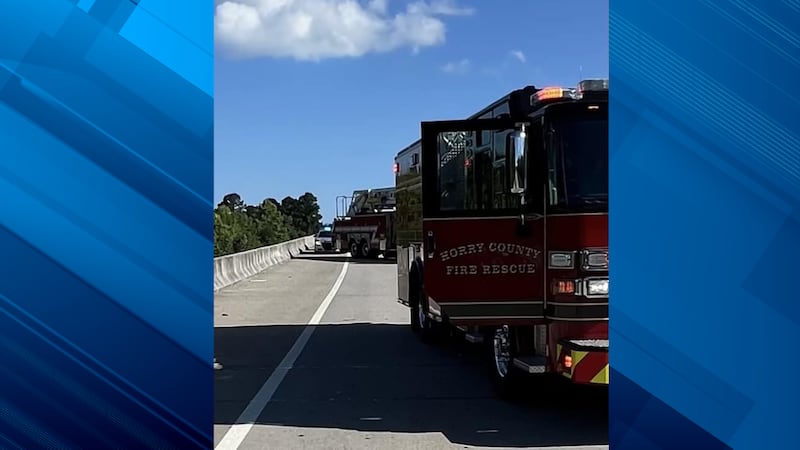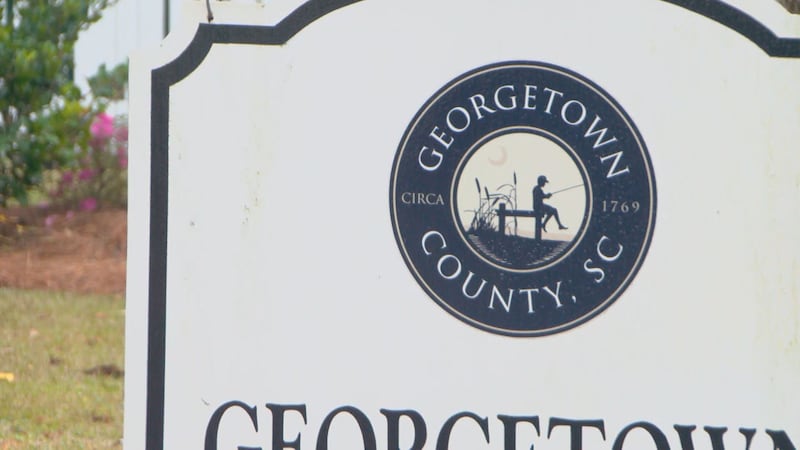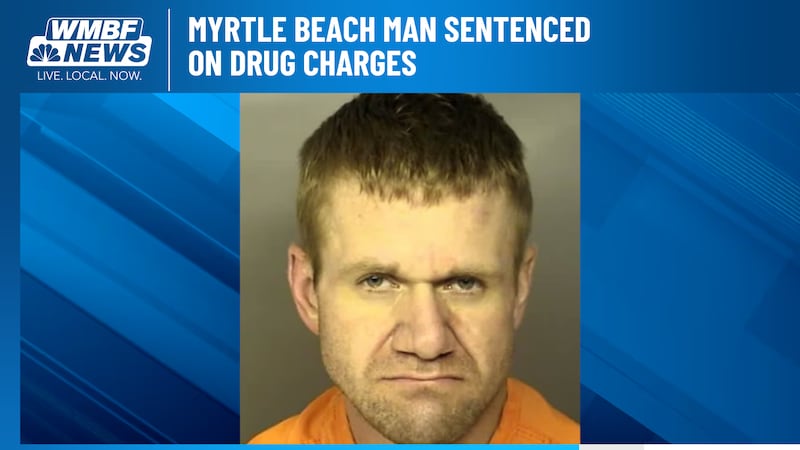When will SC’s energy reform bill reach the governor? Depends on who you ask
COLUMBIA, S.C. (WCSC) - Gov. Henry McMaster is urging lawmakers to get a bill to him as soon as possible to ensure South Carolina has enough power to keep the lights on for years to come.
But despite leaders in the legislature acknowledging this is an issue that must be solved sooner rather than later, that bill might not reach the governor until 2025.
“We cannot wait,” McMaster told reporters at a news conference Monday. “This is something that we cannot put off because it is upon us now.”
The immediate future of that energy reform bill depends on who you ask, with the General Assembly adjourning its regular 2024 legislative session last week but still able to return to Columbia over the next several months to work on certain outstanding pieces of legislation.
The bill, called the “South Carolina Energy Security Act,” started in the House of Representatives, a top priority of the year for Speaker of the House Murrell Smith.
After months of vetting and testimony in the lower chamber by a special committee, the House passed legislation designed to ensure South Carolina can generate enough power to keep up with booming population and industry growth.
“Everyone agrees that we have a generation problem in this state and a transmission problem in this state,” Smith, R-Sumter, said.
Among other provisions, the expansive bill would enact regulatory changes, including streamlining the permitting process to get new sources of power online more quickly, revamping South Carolina’s Public Service Commission and cutting its membership, and giving lawmakers’ blessing to a Santee Cooper-Dominion Energy partnership to build a new natural gas plant at a former coal plant site in Colleton County.
But when the bill got to senators late in the legislative session, they pumped the brakes, saying they needed time to vet it themselves and could not adequately do that before the General Assembly adjourned last week.
So the Senate changed the bill, slashing it from 70-plus pages of sweeping reforms to a four-page, nonbinding resolution that essentially says the General Assembly understands the importance of generating new sources of power and its role in doing so.
“There’s a lot of work to be done because it is an extremely important issue for South Carolina going forward,” Senate Majority Leader Shane Massey, R-Edgefield, said.
With vast differences between what the two chambers passed, the bill now sits with a conference committee, a group of lawmakers tasked with working out a compromise to send to the governor.
That group — made up of three House members and three senators — is not required to produce a bill or ever even meet, and the legislation dies if nothing comes out of it.
House members want to get to work as soon as possible.
“There’s a menu of options in that bill. We’re ready to go line by line and come up with the best solution possible for South Carolina,” said Rep. Jay West, R-Anderson and the chair of the House committee that heard testimony and crafted the original bill.
But Massey called that a long shot to happen right now, with senators planning to form their own special committee that will meet over the fall to take their own testimony and vet the bill.
“I’m not interested in negotiating the bill right now,” Massey told reporters. “But I do think we’re going to work in good faith over the fall. If we can make some progress and we get to a point where enough people are comfortable, and that’s going to be about all of us, then that would be a vehicle to use that would allow us to move on energy without three readings over here, three readings over there next year.”
The agreement the legislature has in place allows lawmakers to come back into session as late as November, before the general election, if they reach a compromise on this bill by then.
If not, the bill would need to be re-filed next year, and the entire legislative process would have to start over in January.
Massey has said the Senate would hope to have legislation ready to be introduced by the new year, and Smith acknowledged the window is closing for it to be enacted this year.
“Not all legislation passes every year, and so we’ll be back at it next year, and I feel that the Senate and the House will again prioritize that, and we’ll likely have a bill,” Smith said. “Because when everybody makes something a priority, it ends up happening.”
Copyright 2024 WCSC. All rights reserved.








